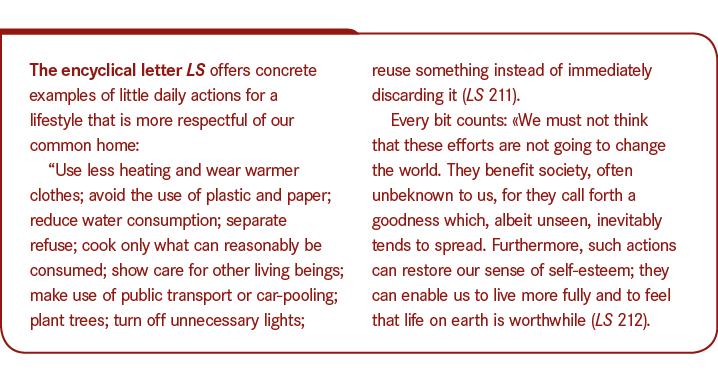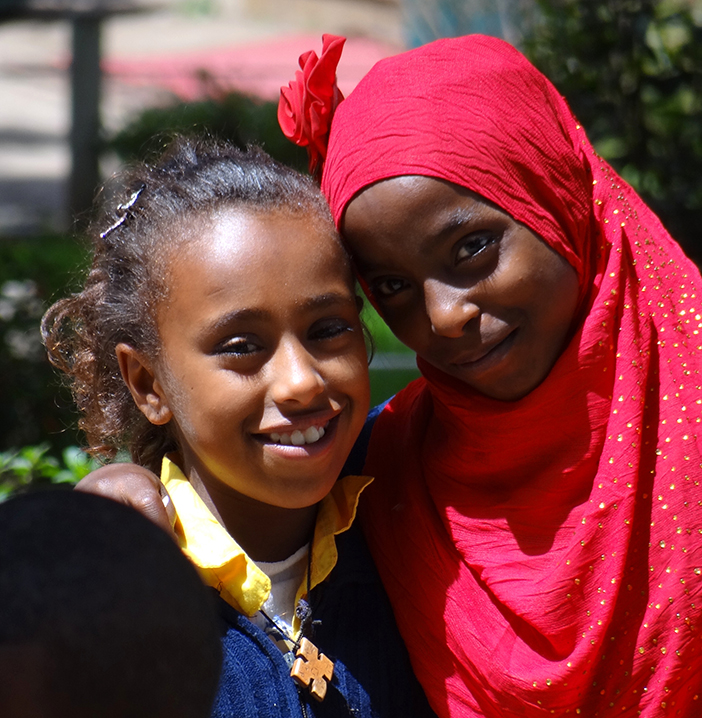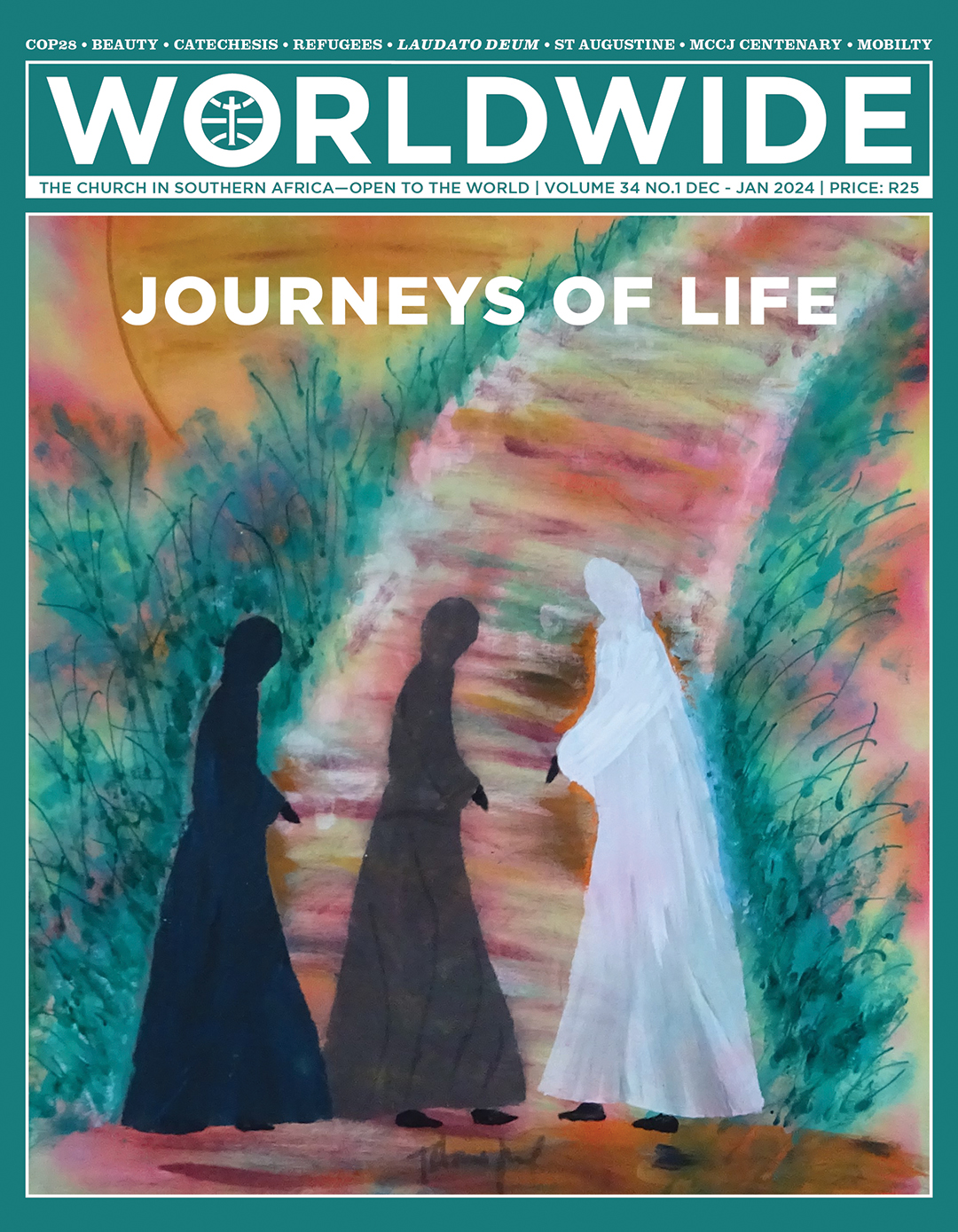
JOURNEYS OF LIFE
The painting on the front cover entitled “The disciples of Emmaus” reflects our journey of hope. Jesus not only walks with us, but gives us the wisdom to perform our ministries and opens our eyes to see Him in the people that we are serving.
REFLECTIONS • ON LAUDATE DEUM
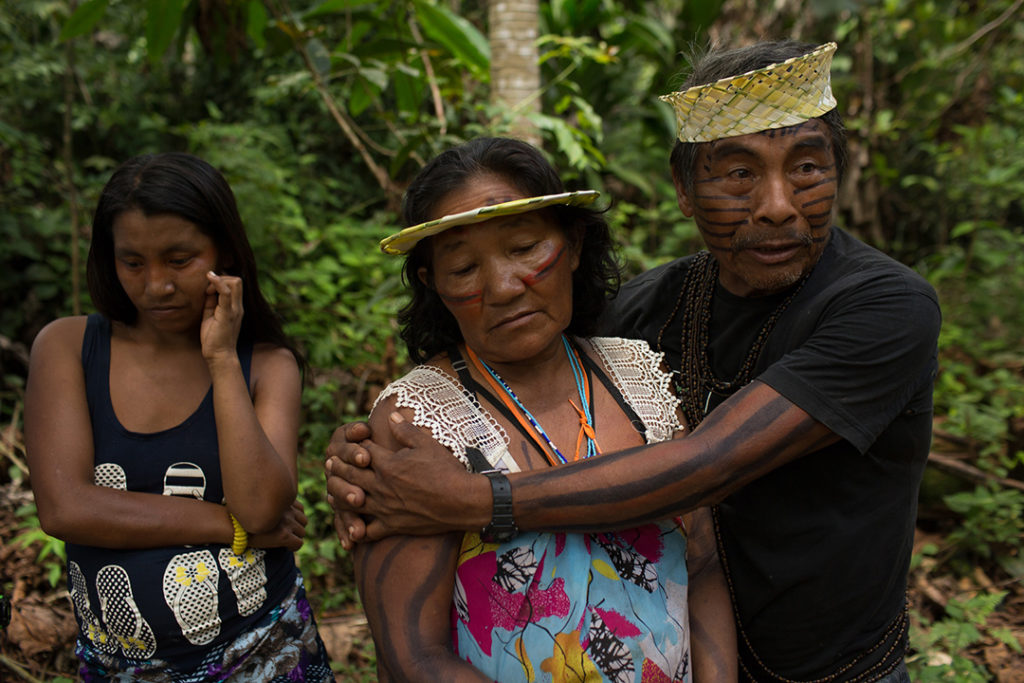
POPE’S URGENT APPEAL TO REVERSE GLOBAL WARMING
The Letter Laudate Deum (“Praise God”), issued by Pope Francis on 4 October 2023, is an outcry about the destruction that threatens our planet. The question we may pose ourselves is the following: Are we willing to implement an opposing trend?
BY Fr Efrem Tresoldi MCCJ | Johannesburg
AT THE beginning of his letter, Pope Francis explains why eight years after the publication of his Encyclical Laudato Si’ (LS), he felt compelled to deal again with the same topic. «With the passing of time I have realized that our responses have not been adequate, the world in which we live is collapsing and may be nearing the breaking point» (LD 2). Signs of the rapid deterioration of the state of health of our planet are obvious for all to see: extreme weather phenomena—periods of unusual heat, drought and floods; the rising of the sea level, the melting of glaciers and poles, the increased acidification of the seas and the reduction of oxygen levels.
Overheating
The main cause of climate change is the increase in global temperature. «In the last fifty years the temperature has risen at an unprecedented speed—0.15° C per decade, double that of the last 150 years—greater than any time over the past two thousand years. From 1850 on, the global temperature has risen by 1.1° C…» (LD 12), states the Pope.
The overheating of our planet is not a natural phenomenon. It is caused by human activity. The Pontiff endorses the assessments of the majority of scientists in the world, as he states: «The concentration of greenhouse gases in the atmosphere, which causes global warming, was stable until the nineteenth century, below 300 parts per million (p.p.m.) in volume. But in the middle of that century, in conjunction with industrial development, emissions began to increase. While I was writing LS, they hit a historic high—400 p.p.m.—arriving at 423 p.p.m. in June 2023» (LD 11).
The threat to life on our planet is the outcome of the dominant ideology that sees «nonhuman reality as a mere resource…Everything that exists ceases to be a gift for which we should be thankful, esteem and cherish, and instead becomes a slave, prey to any whim of the human mind and its capacities» (LD 22). Quoting his Encyclical LS, Pope Francis decries that «our immense technological development has not been accompanied by a development in human responsibility, values and conscience…We stand naked and exposed in the face of our ever-increasing power, lacking the wherewithal to control it» (LD 24). He then appeals for a healthy and harmonious relationship with nature «as occurs in the indigenous cultures», where human beings are recognized as a part of nature and not «a foreign element capable only of harming the environment» (LD 27).
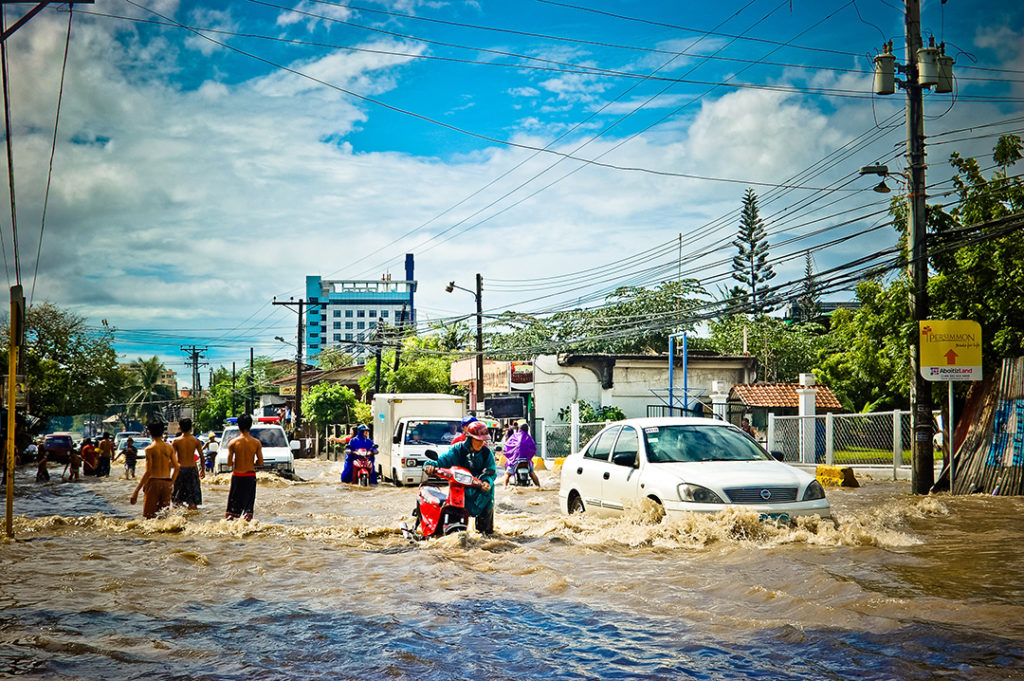
Change from below
Seeing the failure of international negotiations to halt the destruction of our common home, Pope Francis believes that a change can only come from below. Hence his invitation «to recognize that “many groups and organizations within civil society help to compensate the shortcomings of the international community, its lack of coordination in complex situations, and lack of attention to fundamental human rights” » (LD 37). Ultimately, «The demands that rise up from below throughout the world, where activists from very different countries help and support one another, can end up pressuring the sources of power» (LD 38).
A change can only come from below.
Further ahead in Laudate Deum, the Pope takes a stance in favour of ecological activism at grassroots level: «In Conferences on the climate, the actions of groups negatively portrayed as “radicalized” tend to attract attention. In reality they are filling a space left empty by society as a whole, which ought to exercise a healthy “pressure”, since every family ought to realize that the future of their children is at stake» (LD 58).
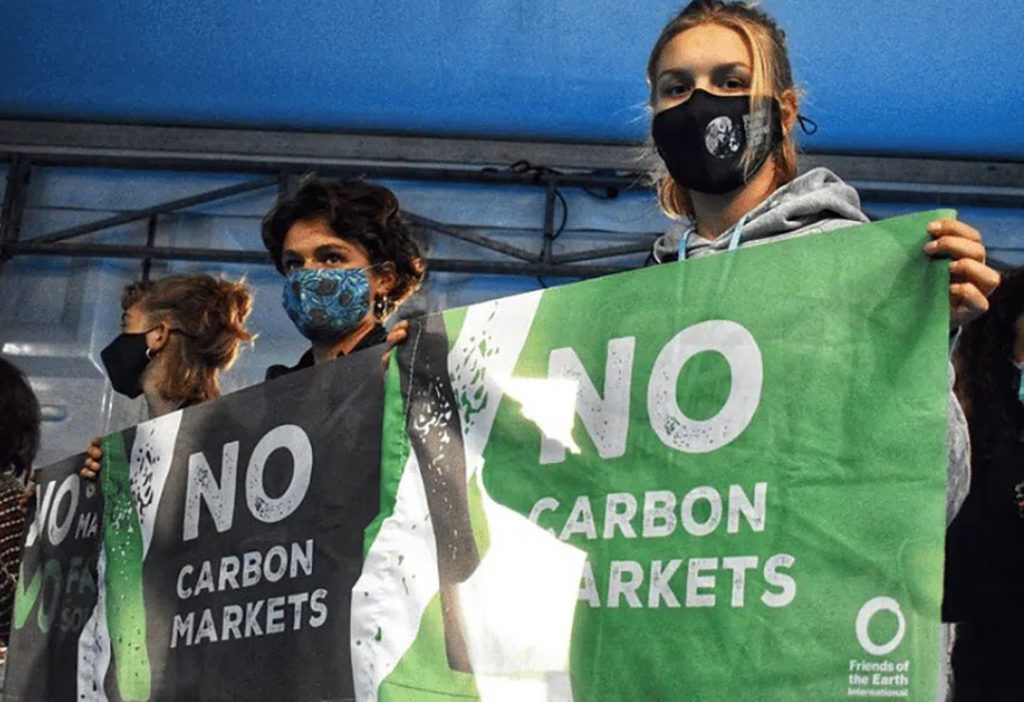
International Conferences
In his Letter, the Pontiff dedicates 16 paragraphs to examine the international Climate Conferences (Conference of the Parties (COP)) that have taken place since 1992 on a regular basis with the aim of addressing the issue of climate change. In his sober assessment, «some of these Conferences were failures, like that of Copenhagen (2009), while others made it possible to take important steps forward, like COP3 in Kyoto (1997). Its significant Protocol set the goal of reducing overall greenhouse gas emissions by 5% with respect to 1990. The deadline was the year 2012, but this, clearly, was not achieved» (LD 44).
Among the many Conferences of the Parties, «COP21 in Paris (2015) represented another significant moment, since it generated an agreement that involved everyone… Though a binding agreement, not all its dispositions are obligations…and there are no provisions for sanctions in the case of unfulfilled commitments, nor effective instruments to ensure their fulfilment» (LD 47). Its objective «to keep the increase of average global temperatures to under 2°C with respect to preindustrial levels, and with the aim of decreasing them to 1.5° C» is still to be realized (LD 48).
In his overall assessment of the COPs, the Pope expresses his disappointment: « “The accords have been poorly implemented, due to lack of suitable mechanisms for oversight, periodic review and penalties in cases of noncompliance. The principles which they proclaimed still await an efficient and flexible means of practical implementation”. Also, « “international negotiations cannot make significant progress due to positions taken by countries which place their national interests above the global common good. Those who will have to suffer the consequences of what we are trying to hide will not forget this failure of conscience and responsibility” ». (LD 48).
Will the conference, COP28 in Dubai, 30 November – 12 December 2023, be different from the previous ones? Admittedly, concedes the Pontiff, the premises are not encouraging, «Although the United Arab Emirates have made significant investments in renewable energy sources…gas and oil companies are planning new projects there, with the aim of further increasing their production» (LD 53). In spite of that, he shares the hope of many that «COP28 will allow for a decisive acceleration of energy transition …towards clean energy sources such as wind and solar energy, and the abandonment of fossil fuels” (LD 55). His decision (revoked at the last moment because of health reasons)to be present at the conference in Dubai shows how great his desire is that this umpteenth time of the gathering of world leaders may bring a radical turnabout and not be business as usual.
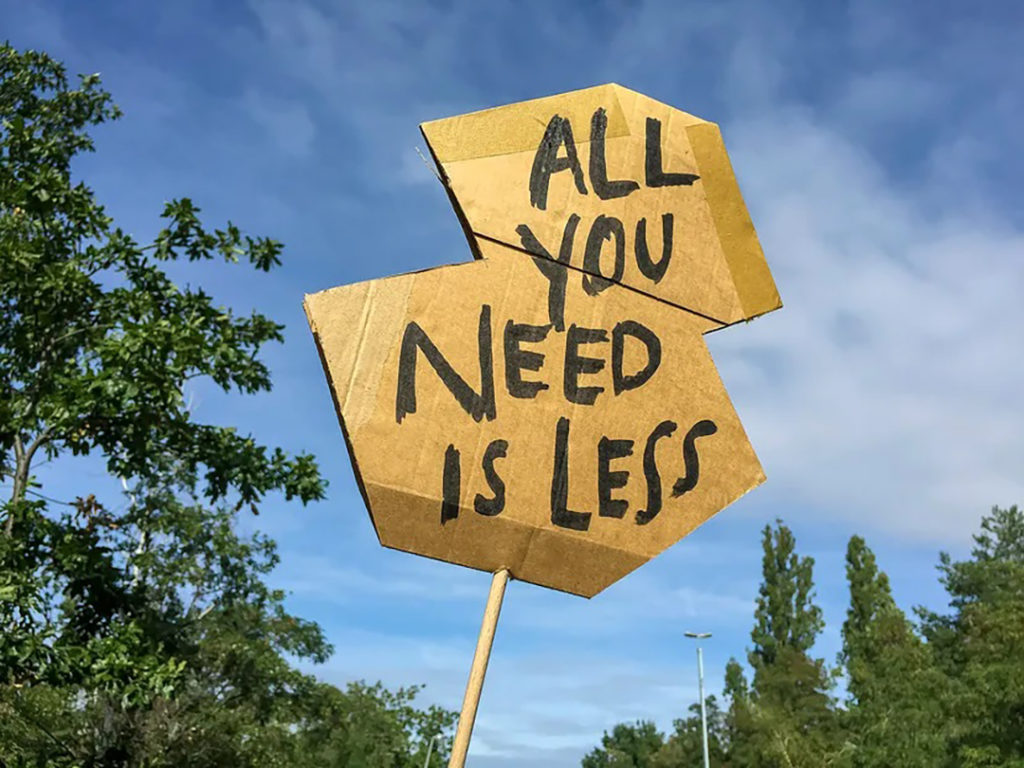
Spirituality
The last thirteen paragraphs of Laudate Deum are dedicated to spiritual motivations. After stating that «the universe as a whole, in all its manifold relationships, shows forth the inexhaustible richness of God”, Pope Francis calls on all Christians «to recognize that human life is incomprehensible and unsustainable without other creatures» (LD 67). Inviting each one to «stop thinking, then, of human beings as autonomous, omnipotent and limitless, and begin to think of ourselves differently, in a humbler but more fruitful way» (LD 68).
Faced with the enormous challenges of the climate crisis, the Pontiff asserts that, «it is necessary to be honest and recognize that the most effective solutions will not come from individual efforts alone, but above all from major political decisions on the national and international level» (LD 69). «Nonetheless – he continues –, every little bit helps, and avoiding an increase of a tenth of a degree in the global temperature would already suffice to alleviate some suffering for many people. Yet what is important is something less quantitative: to realize that there are no lasting changes without cultural changes, without a maturing of lifestyles and convictions within societies, and there are no cultural changes without personal changes» (LD 70).
Pope Francis stresses how «Efforts by households to reduce pollution and waste, and to consume with prudence, are creating a new culture. The mere fact that personal, family and community habits are changing is contributing to greater concern about the unfulfilled responsibilities of the political sectors and indignation at the lack of interest shown by the powerful» (LD 71). Exemplifying, he is not afraid to conclude that «a broad change in the irresponsible lifestyle connected with the Western model would have a significant long-term impact» (LD 72).
